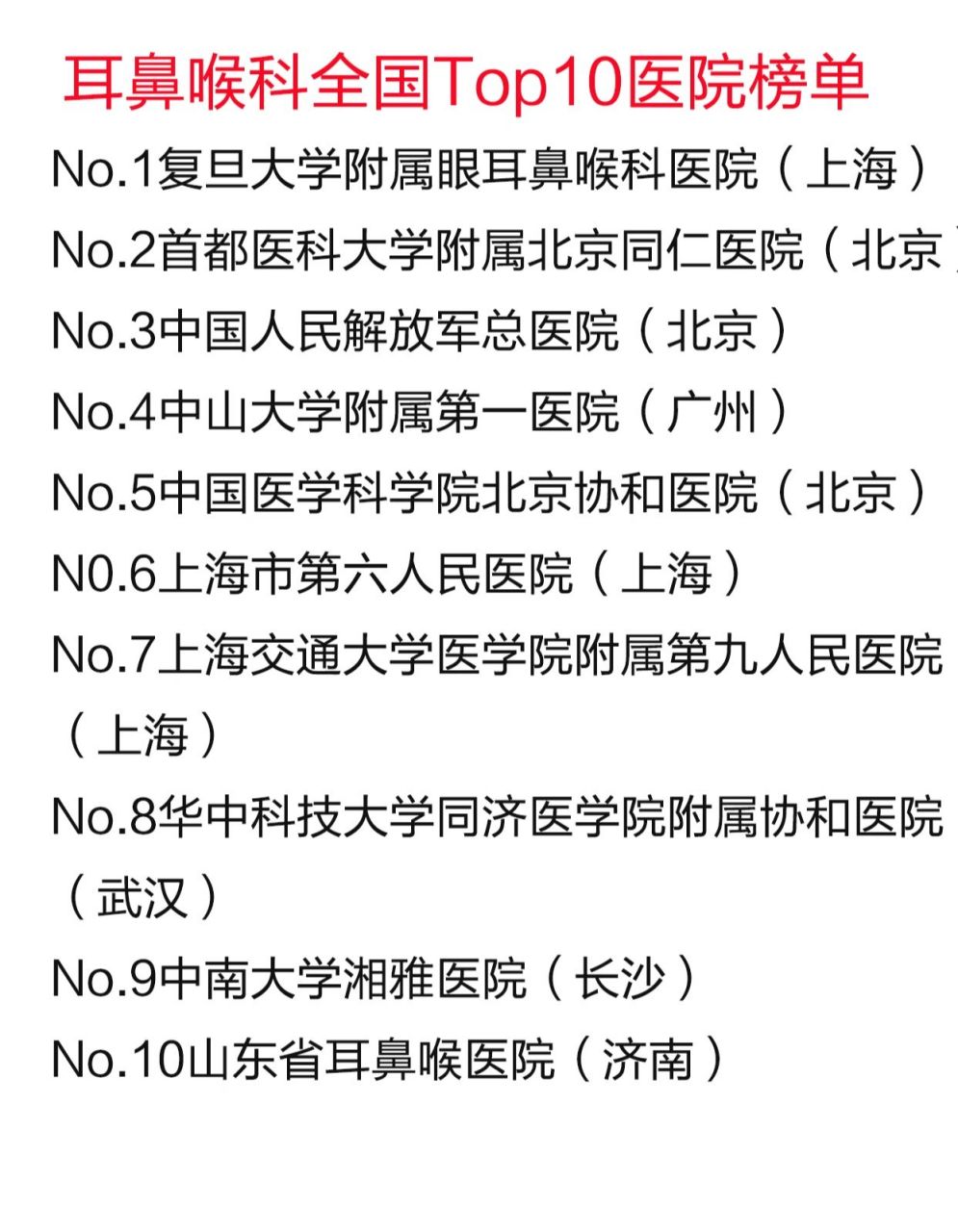
Thyrotoxic crisis, also known as thyroid storm, is a life-threatening emergency that requires immediate medical attention.
1. Antithyroid Drugs (ATDs): Administer antithyroid drugs such as propylthiouracil (PTU) or methimazole (MMI) to inhibit thyroid hormone synthesis and release.
2. Beta Blockers: Use beta blockers like propranolol to control symptoms such as tachycardia and anxiety.
3. Corticosteroids: Administer corticosteroids to reduce peripheral conversion of T4 to T3 and to counteract the effects of increased metabolic rate.
4. Iodides: Iodides can be used to inhibit thyroid hormone release, especially in preparation for thyroidectomy.
5. Supportive Care: Provide supportive care including cooling measures for fever, hydration, and treatment of any precipitating illness or infection.
6. Intensive Care Unit (ICU): Hospitalize the patient in an intensive care unit for close monitoring and management of potential complications.
7. Plasmapheresis or Dialysis: In severe cases, plasmapheresis or dialysis may be considered to rapidly remove thyroid hormones from the bloodstream.
8. Antipyretics: Use antipyretics such as acetaminophen for fever management, avoiding salicylates which can increase free hormone levels.
9. Antibiotics: If infection is suspected as a trigger, initiate appropriate antibiotic therapy.
10. Surgery: In some cases, surgical removal of the thyroid gland may be necessary.
Prompt recognition and aggressive treatment are crucial for improving survival rates in patients with thyrotoxic crisis.











